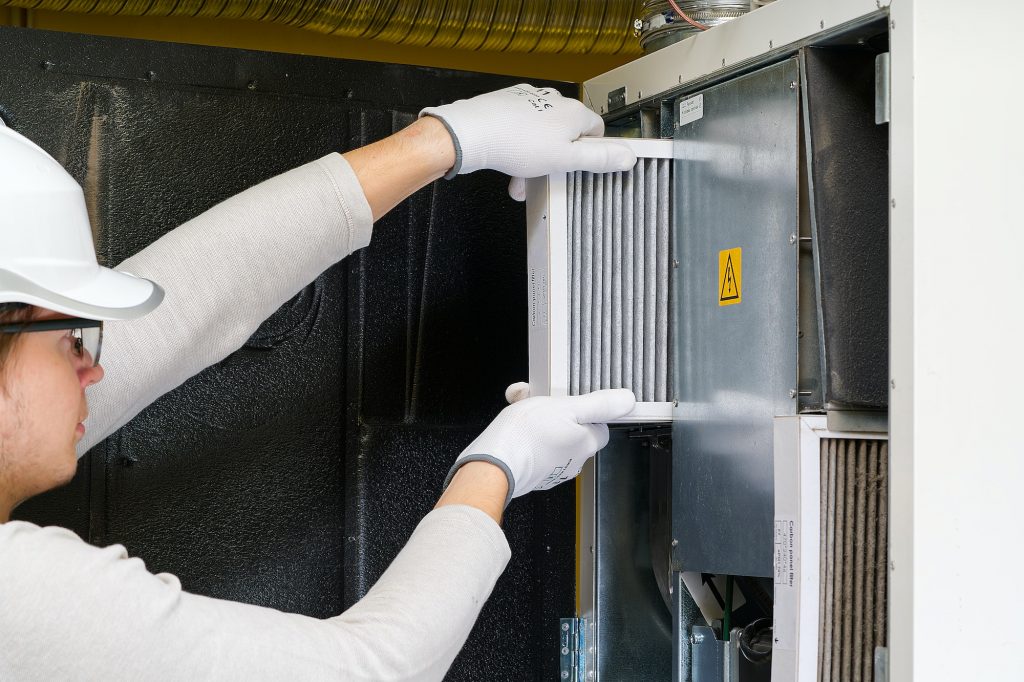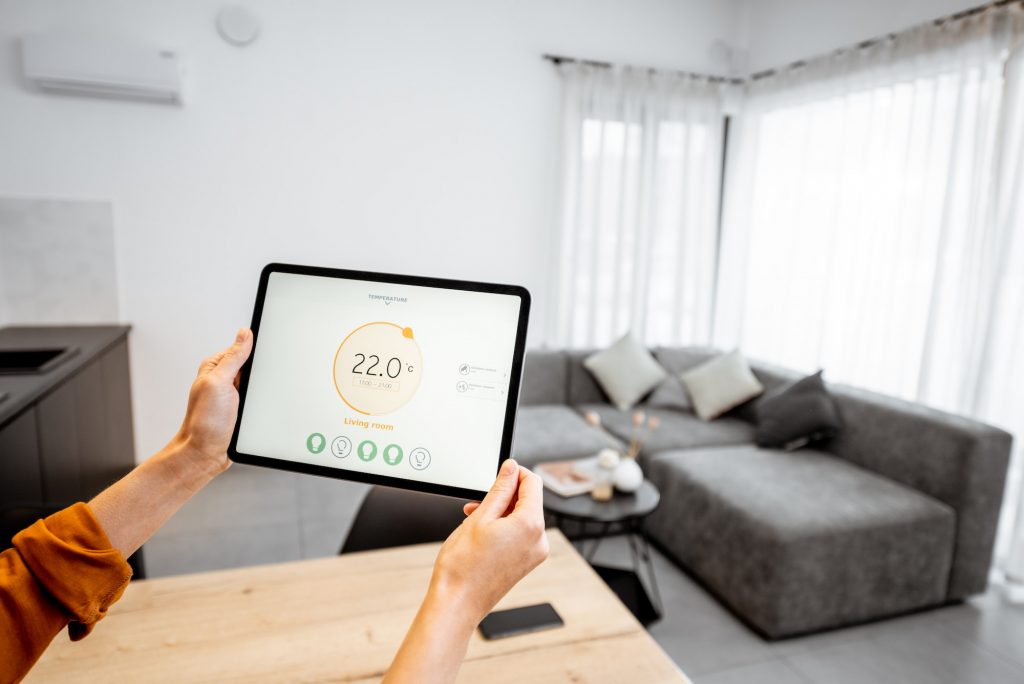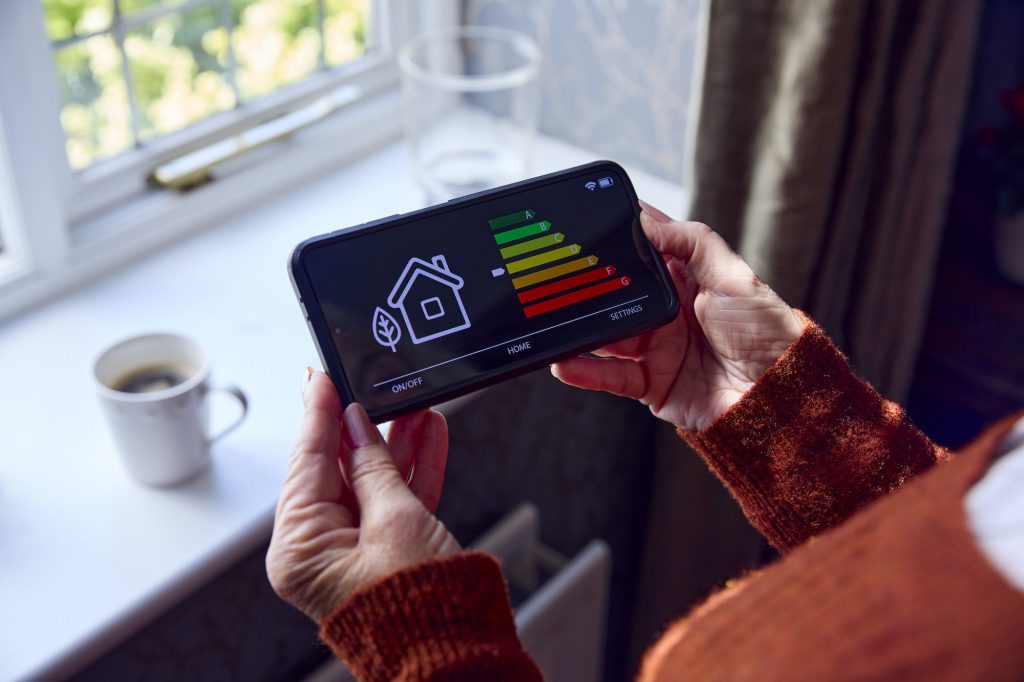Reducing Hot Water Use for Energy Savings

Hot water is a necessary part of daily life, but it can also be a significant source of energy consumption. The Energy Department estimates that water heating accounts for around 18% of a typical household’s energy use. However, there are a number of steps that can be taken to reduce the amount of energy consumed by hot water systems, without sacrificing comfort or convenience.
Insulate Hot Water Pipes
One of the most effective ways to reduce energy loss from hot water systems is to insulate the pipes. Hot water pipes that run through unheated spaces, such as basements and attics, can lose a significant amount of heat as the water travels through them. By insulating these pipes, it is possible to reduce heat loss by as much as 45%. This can be done by wrapping pipes with pre-slit foam insulation, or by installing insulated pipe sleeves.
Lower the Temperature of the Water Heater
Another way to reduce the energy consumed by hot water systems is to lower the temperature of the water heater. Many water heaters are set to 140°F by default, but this is much higher than is needed for most uses. By lowering the temperature to 120°F, it is possible to reduce energy consumption by as much as 6%. This can be done by adjusting the thermostat on the water heater, or by installing a thermostatic mixing valve.
Use a Low-Flow Showerhead
A low-flow showerhead can also help to reduce energy consumption. These showerheads are designed to use less water while still providing a strong, steady stream. This can be accomplished by using aerating nozzles, which mix air with water to create a more voluminous stream, or by using flow restrictors, which limit the amount of water that can flow through the showerhead. By using a low-flow showerhead, it is possible to reduce water consumption by as much as 50%.
Install a Tankless Water Heater
Another option for reducing energy consumption is to install a tankless water heater. These heaters heat water on demand, rather than storing hot water in a tank. This eliminates the need to keep a large volume of water heated at all times, which can save energy. Tankless water heaters can also be more efficient than traditional storage tank water heaters, and can last up to 20 years.
Conclusion
By taking steps to insulate hot water pipes, lower the temperature of the water heater, use a low-flow showerhead, and install a tankless water heater, it is possible to significantly reduce the amount of energy consumed by hot water systems. These simple changes can lead to significant energy savings, without sacrificing comfort or convenience.







